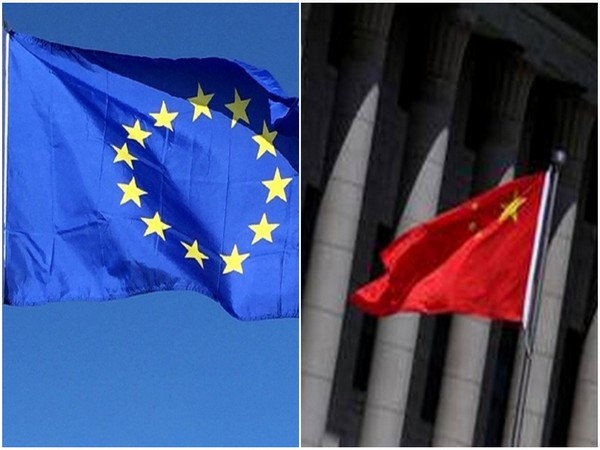EU-China Talks on Electric Vehicle Subsidies Hit Deadlock
China and the EU remain at an impasse over an anti-subsidy case involving Chinese electric vehicles. Despite over 20 days of dialogue, no mutually acceptable solution has been found. The EU plans to impose tariffs of up to 45% on Chinese electric cars as part of its ongoing investigation.

- Country:
- China
Discussions between China and the European Union over an anti-subsidy case involving Chinese electric vehicles have hit a standstill, with stark differences persisting between both parties. As of Saturday, China's Commerce Ministry announced that despite more than 20 days of consultations, a mutually agreeable resolution remains elusive.
China's Commerce Ministry issued an update on the recent consultations centered around the EU's investigation into subsidies for Chinese battery electric vehicles. On September 19, China's Minister Wang Wentao and European Commission Executive Vice-President and Trade Commissioner Valdis Dombrovskis agreed to push forward with price negotiations. While some progress has been made, significant obstacles remain.
Throughout more than 20 days starting from September 20, both Chinese and EU technical teams engaged in eight rounds of rigorous talks. Despite China's proposals to address EU's specific concerns, a consensus has yet to be reached. Notably, the EU has proceeded with plans to impose tariffs of up to 45 percent on Chinese electric vehicles, branding it a step toward concluding their subsidy inquiry.
According to reports, the proposed tariffs have garnered support from EU Member States. Meanwhile, the EU continues to search for a WTO-compatible alternative to address the issue comprehensively. In a similar vein, the US has also imposed significant tariffs on Chinese products, citing protectionist measures to reduce trade imbalance.
The US administration announced an increase in tariffs on Chinese electric vehicles, citing unfair trade practices and overcapacity issues triggered by Chinese subsidies. The tariff rate on these vehicles under Section 301 is poised to surge from 25 to 100 percent by 2024, aiming to shield American manufacturers from China's economic strategies.
(With inputs from agencies.)
ALSO READ
California's Trade Stance: Newsom vs. Trump's Tariffs
Vietnam's soaring US trade surplus stokes new fears of Trump tariffs
UPDATE 1-UK 'will think carefully' on retaliating if hit by Trump tariffs, business minister tells FT
Kerala govt hiked electricity tariffs to 'benefit Adani': Cong leader Ramesh Chennithala
Trump Threatens North American Trade Tariffs Over Immigration Issues










